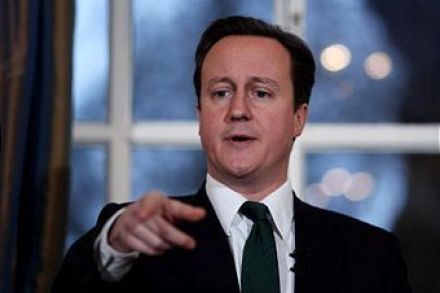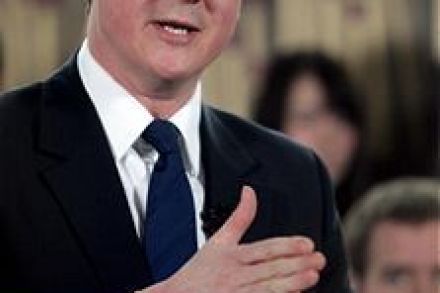The Tories’ meddling is undermining the Unionist cause in Northern Ireland
The Times reports that Owen Paterson, the Tories’ Northern Ireland spokesman, will review the process by which the Northern Ireland First Minister is appointed – by creating a Northern Irish executive and official opposition. The prospect of what Paterson describes as a “voluntary coalition”, presumably between the Unionist parties, has the potential to keep Sinn Fein permanently in opposition. Such a coalition jeopardises Cameron’s neutrality if he becomes Prime Minister, a point that Sinn Fein will exploit. The Conservatives seek to move Ulster’s politics away from sectarianism and into the mainstream, concentrating on public services. That is a welcome aim but their means are ill-conceived, stemming from a misunderstanding of




















